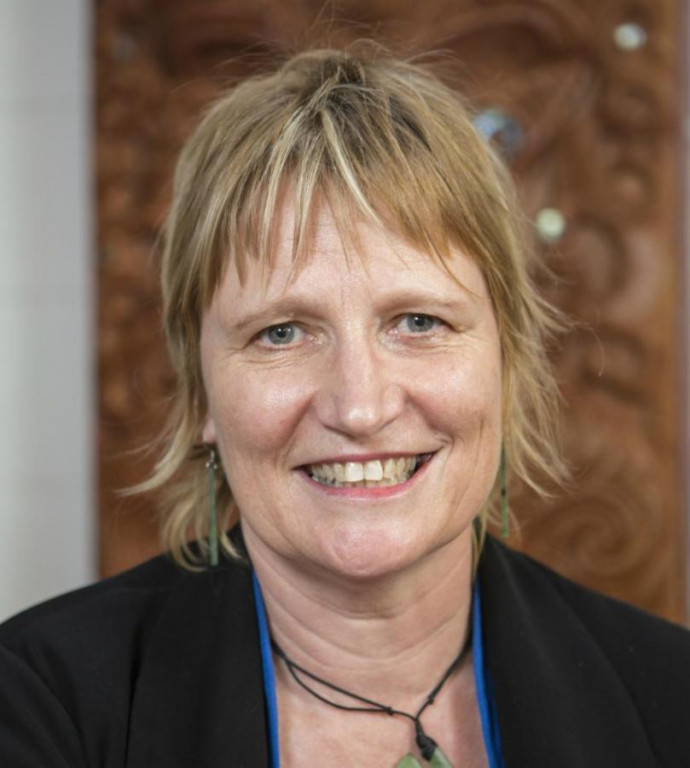Research
Published 4 November 2020You may know more te reo Māori than you realise - researchers think

Millions of New Zealanders this are being encouraged to speak our Indigenous language as part of Te wiki o te reo Māori, Māori Language Week
Adapted from an article by Maddy Lloyd, One News, 17 September 2020
If it’s given you an appetite to learn, you could be in luck. In a world first study, the University of Canterbury is considering what it’s like to be an adult learner of te reo Māori, and how to harness the language we pick up naturally around us, just like babies do.
“We all know that when you’re an adult learner of another language, it’s really really hard work, but what if it could be just that little bit easier?” says University of Canterbury Professor Jeanette King, who’s one of the academics leading the research.
“Adult New Zealanders have an amazing knowledge of the word forms of the Māori language, even though they don't know the meanings of very many actual Māori words. Our current research is going to look at how they acquire that knowledge and whether we can awaken it so that it becomes a bit easier when you start to learn te reo.”
Previous research shows most children develop languages successfully from a young age. “They're exposed to a language and they just hear this stream of noise to start with and then they have to try and work out where did the words start and where did they end. They build up this statistical knowledge of what can come at the beginning and ends of words and then they attach meaning to the words they have discerned, and that's called a proto-lexicon,” King says.
But it seems adults may have one too, without knowing it. “It’s really special that we've got this unique situation in New Zealand where we can test this and discover that adults can have a proto-lexicon. New Zealand’s about the only place you could study this because all of us, as New Zealanders, through ambient exposure, are exposed to a certain amount of Māori language whether through songs, listening to someone speak on the marae, street names, we don't quite know where this knowledge comes from but yes, it is really exciting.”
University of Canterbury te reo Māori lecturer Teena Henderson says some of her students haven’t realised how much te reo they’ve been exposed to. “Maybe they haven’t learned at home, but they’ve been around a marae or they’ve been around a lot of Māori people and events so they naturally have got a lot more language than they think they do. Its always great to see them think oh my gosh, I can do this, I know more than I think I do.”
The research will be done over the next three years thanks to a grant from the 2019 Marsden Fund Te Putea Rangahau. It’s hoped it’ll encourage more people to try the language, to help towards to goal of having a million New Zealanders able to speak te reo Māori by 2040.
“We're hoping that it will really encourage people that actually, it’s going to make it that little bit easier to learn te reo, so why not?” says King. The message to Kiwis- It’s never too late to start learning te reo Māori.
Additional information: One News website
RESEARCHER
Professor Jeanette King
ORGANISATION
University of Canterbury
FUNDING SUPPORT
Marsden Fund
CONTRACT OR PROJECT ID
UOC1908: 'Awakening the proto-lexicon'
